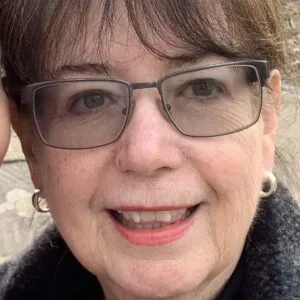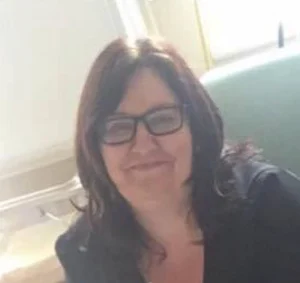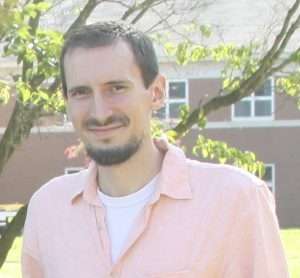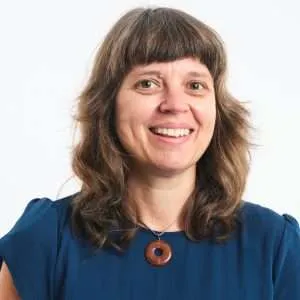Editorial Note:
This profile of Scott Davies, PhD is brought to you through a partnership between Applied Worldwide and the Canadian Sociological Assocation’s Applied Sociology Research Cluster. Thank you to CSA and all those who made valuable contributions to the Profiles in Applied & Clinical Sociology series.
This profile is presented as part of a larger project with the intentions of: 1) providing students with examples of applied sociology, 2) providing market value to sociological skills and services, and 3) promoting the work of individual sociological practitioners and organizations.
Scott Davies, PhD
Scott Davies, who earned his PhD from the University of Toronto, runs a data lab at the University of Toronto that amasses and merges a variety of educational data. He established himself as an applied sociologist when he “recieved two research chairs that both entailed policy-oriented research.” Dr. Davies partners with a variety of educational organizations in Canada that involve the creation of data aimed at informing policy decisions.
When we asked Dr. Davies for an example of his policy oriented work, he shared the following with us:
The best example of an education policy to which I contributed is my 7 year partnership (along with Prof. Janice Aurini, U. of Waterloo) with Ontario’s Ministry of Education, the public school authority in Canada’s largest province. Based on our research reports listed here, the Ministry invested many of millions of dollars into summer literacy and numeracy interventions from 2010-16, and re-launched a series of new numeracy summer programs in 2019.
What’s important about that partnership was that, from the outset, it was a pure application of sociology in the real world of policy. In 2009 we managed to convince the Ministry about the need for summer literacy and numeracy programs by pointing them to a branch of American sociological research on sources of achievement disparities (recently re-summarized by Doug Downey in How Schools Really Matter, University of Chicago Press, 2020). I noted that no comparable research existed in Canada, and so the Ministry agreed to launch a pilot project on summer programs and have us evaluate them. In 2010, we further convinced the Ministry to allow us to evaluate their literacy programs using a quasi-experimental seasonal learning design (which has been praised by sociologists like Glen Firebaugh and Stephen Raudenbush for their rigor). Building on the success of our project in that initial year, from 2011-2015, we continually added new branches to the summer programs and to our evaluations, adding numeracy, qualitative and longitudinal components. During every spring from 2011-16, we presented data to Ministry officials, who then planned the next year’s programs based on our findings.
Scott Davies, PhD
Read the full interview with Dr. Davies below for insights and advice on pursuing an applied sociology career!
Using Sociology in Practice
In general, how do you use sociology in practice?
All of my partnerships with school boards, government ministries and other educational bodies have drawn on sociology of education, and have adapted sociological research methods to conduct policy-relevant research.
How do you use sociological theory in practice?
Sociological theory allows me to frame policy problems in ways that have more depth and enduring relevance than does much public and policy discourse.
Lessons for Future Practitioners
What types of courses should undergraduate students take in preparation for a career similar to yours?
Sociology of Education, Social Stratification, Quantitative Research Methods
What types of courses should graduate students take in preparation for a career similar to yours?
Same as above
What types of experiences should undergraduate students seek in preparation for a career similar to yours?
Get involved in professors’ research projects if possible, read policy reports in your area of study, and seek internships or related opportunities with policy bodies.
What types of experiences should graduate students seek in preparation for a career similar to yours?
Try to work on professor’s research projects that involve partnerships with public and/or government bodies.
What texts or authors can people reference to learn more about the work you do as an applied or clinical sociologist?
I have a text book called “The Schooled Society: An Introduction to the Sociology of Education” that is now in its 4th edition. I have also written many articles in sociology and education journals.
What advice do you have for aspiring applied and clinical sociologists?
Stick to your guns and don’t be afraid to use sociological thinking when speaking with policy makers. I find that many such people, along with academics in other fields, come to appreciate the utility of sociology in applied studies.








